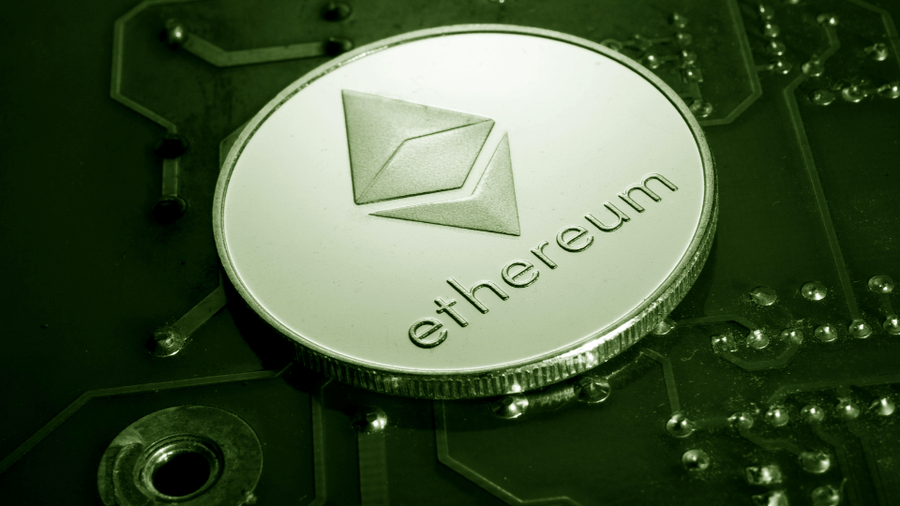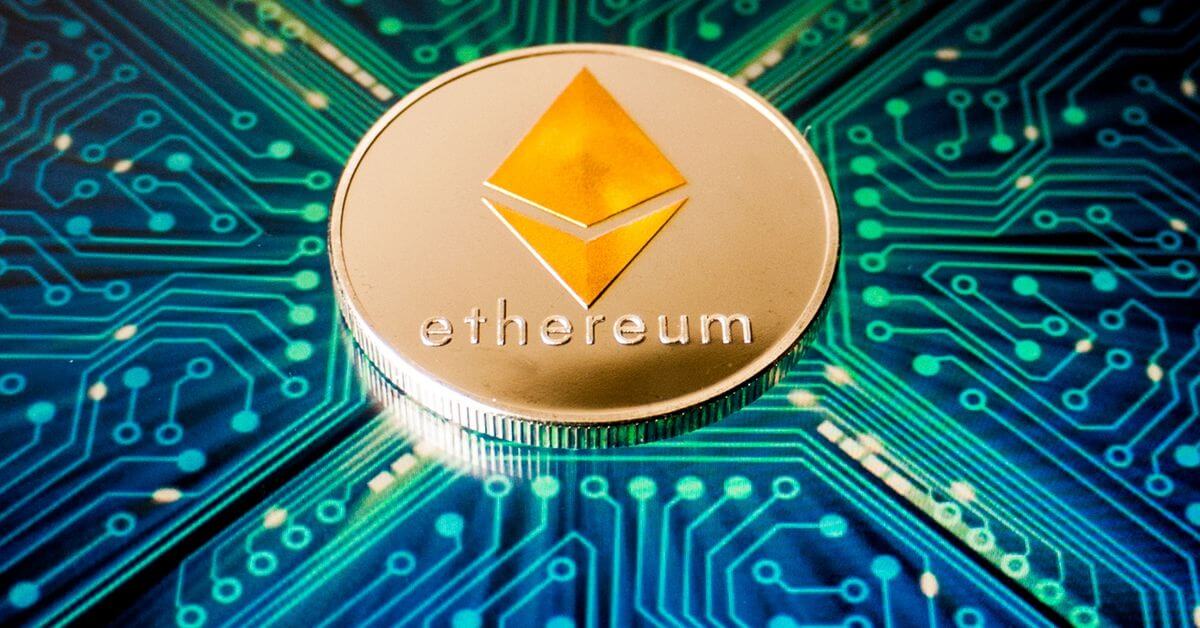
Getting Started with Ethereum

Ethereum has been making waves in the cryptocurrency world since its introduction in 2015. Many believe that it has the potential to revolutionize not just the world of cryptocurrencies, but also the way we interact with the internet and conduct business.
If you're new to Ethereum, this guide will teach you everything you need to know about Ethereum and how to get started. We'll talk about Ethereum's potential, how it works, and some of the risks involved. By the end of this guide, you should have a good understanding of Ethereum and whether it's something you want to invest in.
So, let’s get started!
What is Ethereum?
Ethereum is a decentralized platform that runs smart contracts: applications that run exactly as programmed without any possibility of fraud or third-party interference. It allows developers to create markets, store registries of debts or promises, move funds in accordance with instructions given long in the past (like a will or a futures contract), and many other things that have not been invented yet, all without a middleman or counterparty risk.
Ethereum is still in its early stages and has not been adopted by many businesses or individuals. However, it has a lot of potential, and Ethereum's popularity is growing rapidly.
What Are the Benefits of Ethereum?
Ethereum, just like Bitcoin, is a cryptocurrency that has gained a lot of attention in recent years. Bitcoin is the first and most well-known cryptocurrency, with Ethereum being the second largest.
While some may argue that Ethereum doesn't have as many benefits as Bitcoin, Ethereum does have some advantages.
Ethereum is more flexible than Bitcoin.
Bitcoin is limited to just being a digital currency, while Ethereum allows for the development of decentralized applications and smart contracts. This flexibility makes Ethereum much more versatile than Bitcoin and opens up a wider range of possibilities for developers.

Additionally, Ethereum's mining algorithm is designed to be more egalitarian, meaning that anyone with a regular computer can participate in mining. This contrasts with Bitcoin, which is dominated by large miners who can afford expensive hardware.
Ethereum has a larger community and ecosystem.
There are a few reasons why Ethereum has a larger community and ecosystem compared to Bitcoin. First of all, Ethereum is more versatile than Bitcoin, as it can be used to create decentralized applications (dapps) as well as cryptocurrencies. This means that there are more opportunities for people to get involved in the Ethereum ecosystem, and as a result, the community is larger.
Also, Ethereum is more accessible than Bitcoin, as it can be used without having to understand complex cryptography. This makes it easier for people to get started with Ethereum, which has resulted in a larger user base.
Ethereum is faster than Bitcoin.
Bitcoin transactions are verified by miners who compete to solve a cryptographic puzzle. The first miner to solve the puzzle and announce the solution to the rest of the network is rewarded with new Bitcoin. This verification process takes time and results in a delay before new Bitcoin can be transferred from one account to another.
Ethereum transactions, on the other hand, are verified by other Ethereum nodes. There is no competition between miners, so transactions are verified more quickly. Additionally, Ethereum uses a different algorithm (called GHOST) that allows for faster verification of transactions.
Risks of Investing in Ethereum
While Ethereum does have some advantages over Bitcoin, it's important to be aware of the risks involved before investing.
It’s still in its early stages and has not been widely adopted.
Ethereum's price can rise and fall rapidly, just like Bitcoin. Ethereum is a new asset class and is still being developed. The Ethereum Foundation, the team behind Ethereum, is still working on improving it and expanding its use cases. This means that there is a lot of potential for Ethereum to grow in the future, but there is also a lot of risk.
Ethereum's price is likely to continue to be volatile until it becomes more widely adopted and its use cases are more fully developed.
It’s more vulnerable to hacks compared to Bitcoin.
The Ethereum network has been the target of several major hacks, resulting in the loss of millions of dollars worth of Ethereum. These hacks have been possible due to vulnerabilities in Ethereum's smart contract programming language, Solidity. While Solidity is still under development and improvements are being made, it is currently more vulnerable to hacks compared to Bitcoin.
It’s not regulated like Bitcoin.
Ethereum is not regulated by any government or financial institution. Ethereum is a decentralized platform that runs on Ethereum nodes spread across the world. This means that Ethereum is not subject to the same regulations as traditional assets like stocks and bonds. While this can be seen as a positive thing, as it allows Ethereum to operate without interference from governments or financial institutions, it also means that Ethereum is riskier.

Despite these risks, Ethereum offers a lot of potential for investors and developers. Ethereum's price is likely to continue to rise as more people become aware of Ethereum and its use cases.
For developers, Ethereum offers a platform to build decentralized applications that can run on Ethereum's blockchain. And for investors, Ethereum provides a new asset class to invest in with the potential for high returns. Ethereum is a risky investment, but it could pay off handsomely in the long run.
How to Get Started with Ethereum?
If you're interested in Ethereum, there are a few things you need to know to get started.
- Understand Ethereum's basics.
- Choose an Ethereum wallet.
- Buy ETH.
- Be prepared for the worst.
This is important to know what Ethereum is and how it works. You can learn Ethereum's basics by reading Ethereum's whitepaper or by taking an online course.
An Ethereum wallet is software that allows you to store, send, and receive Ether (ETH). There are many different Ethereum wallets available. You should choose an Ethereum wallet that is compatible with the Ethereum platform you're using.
You can buy ETH with fiat currency (like USD or EUR) or with another cryptocurrency (like Bitcoin). There are many different exchanges that allow you to buy ETH. You should choose an exchange that is reputable and has low fees.
Ethereum is a new asset class and is still being developed. This means that it’s more volatile and risky compared to other assets like stocks or bonds. You should only invest what you're willing to lose.
Final Words
Ethereum has a lot of potential. And its popularity is growing rapidly for good reasons. If you think you might want to get involved with it, now is a great time to start learning about it. Who knows? Ethereum might just help you build the next big thing!




